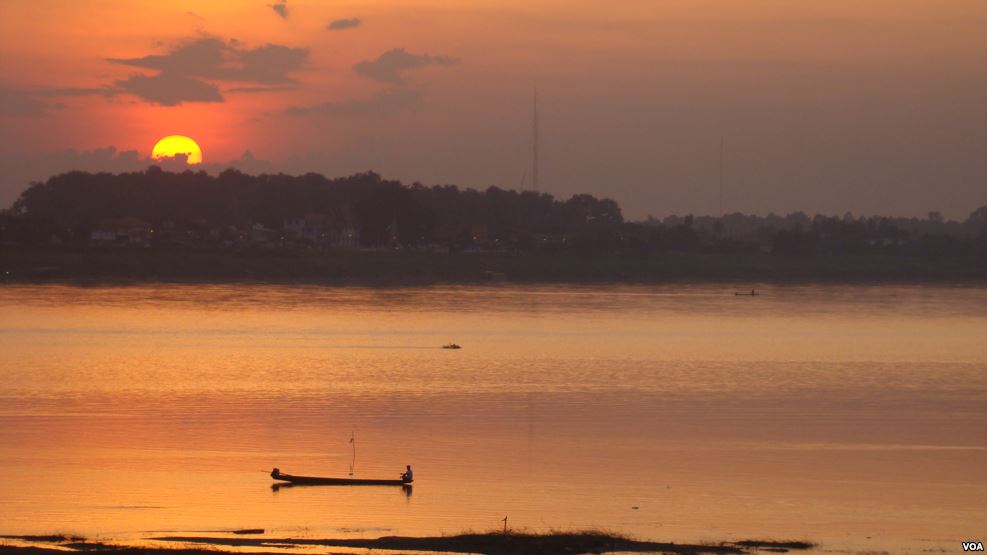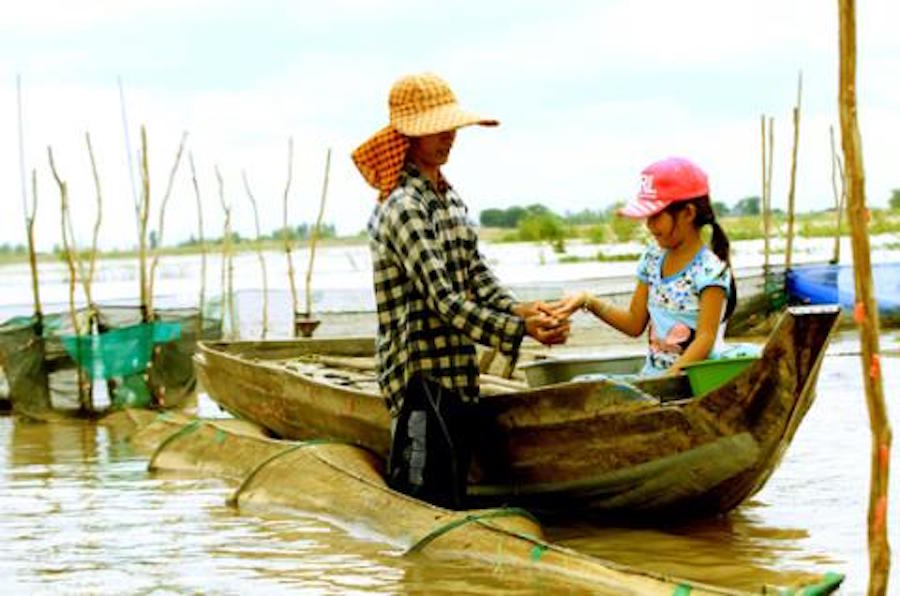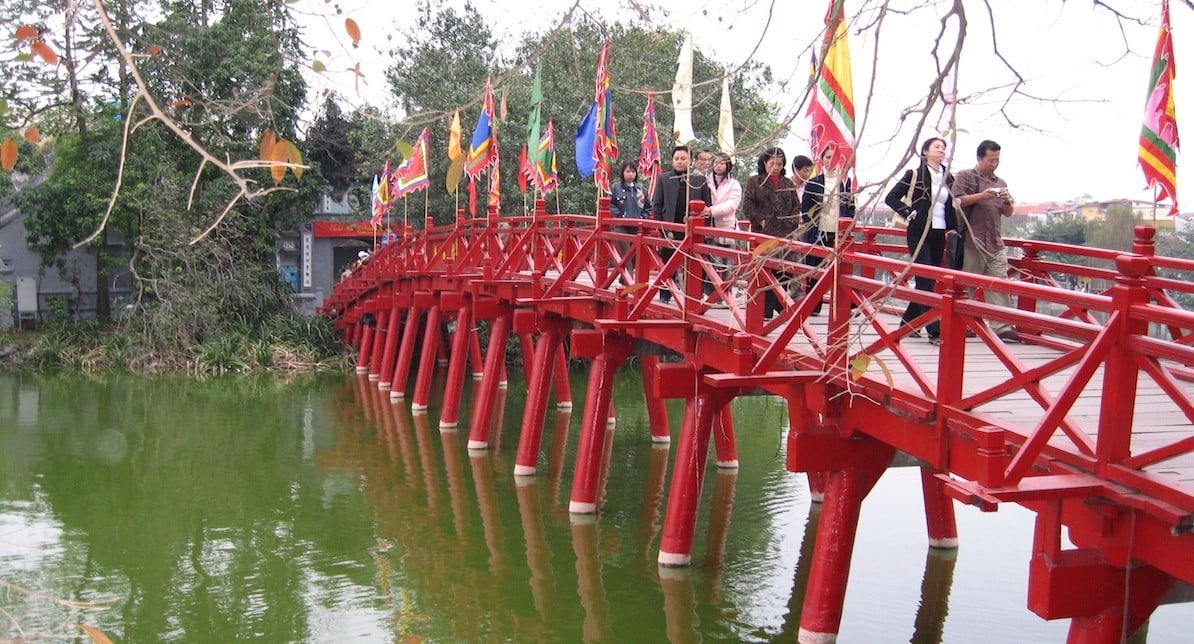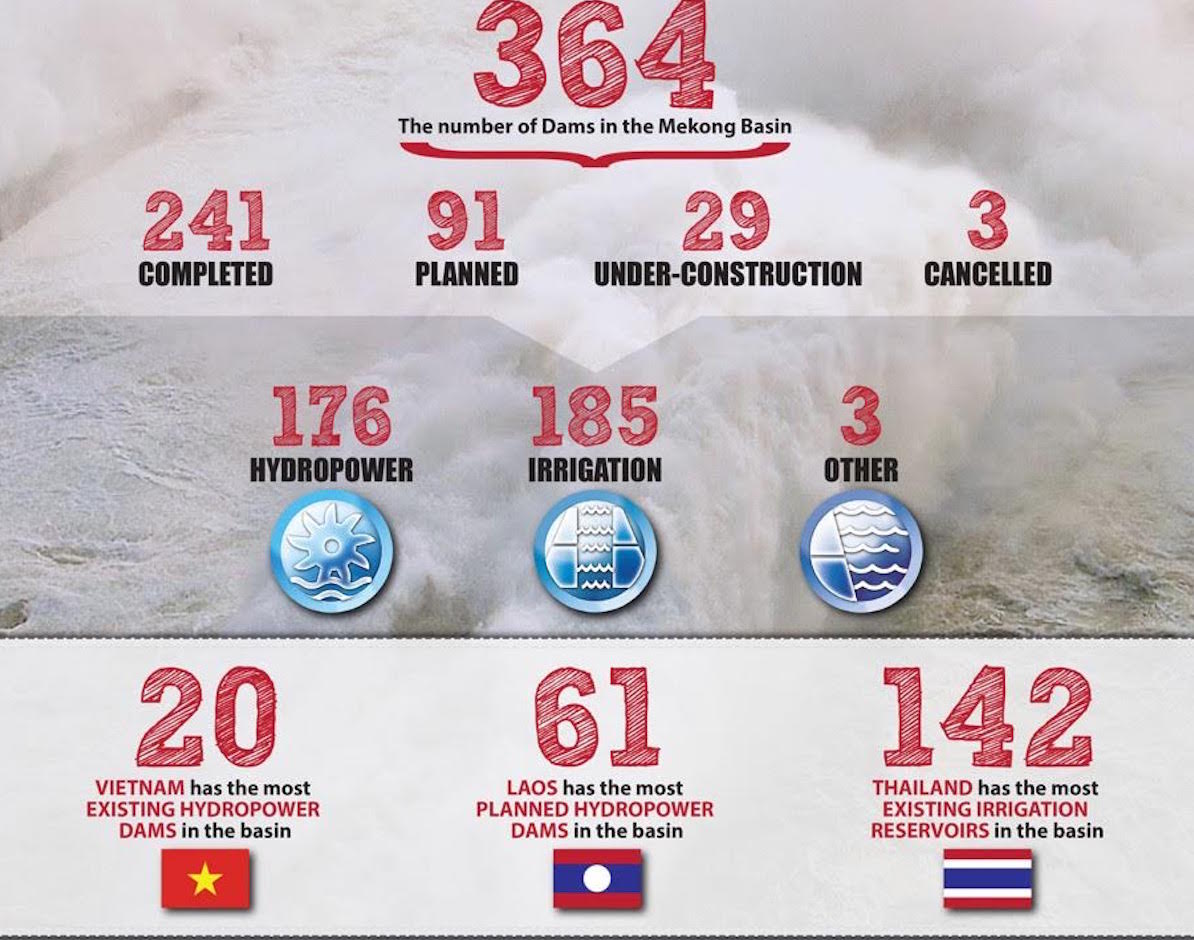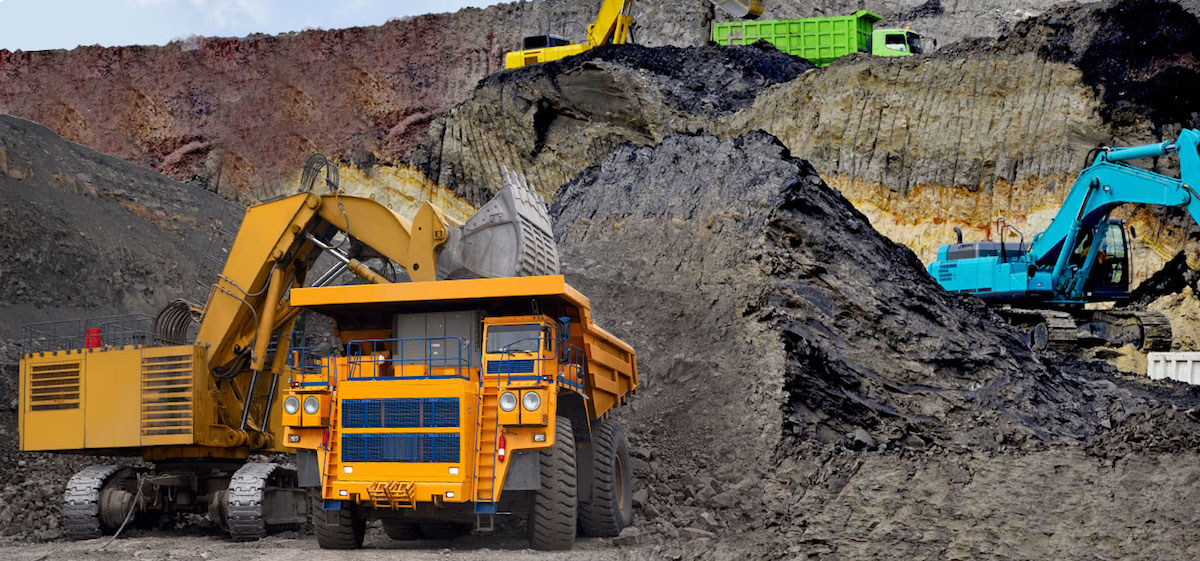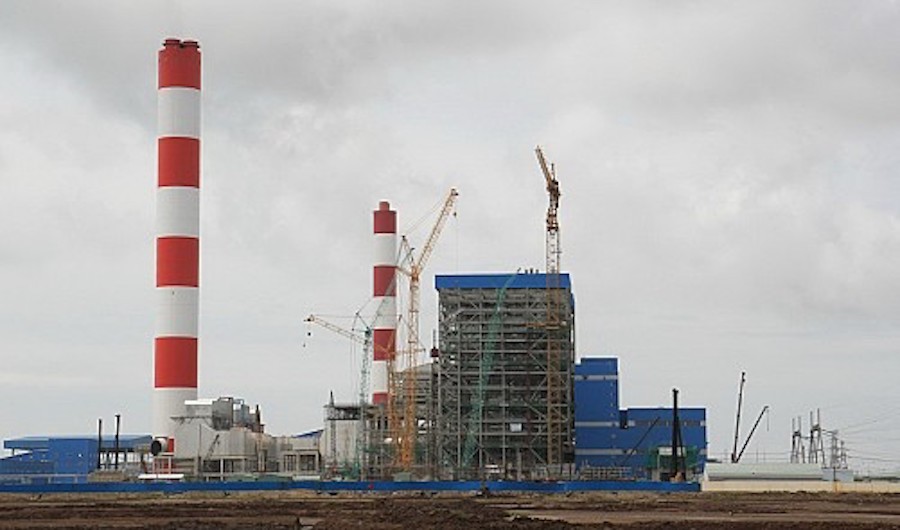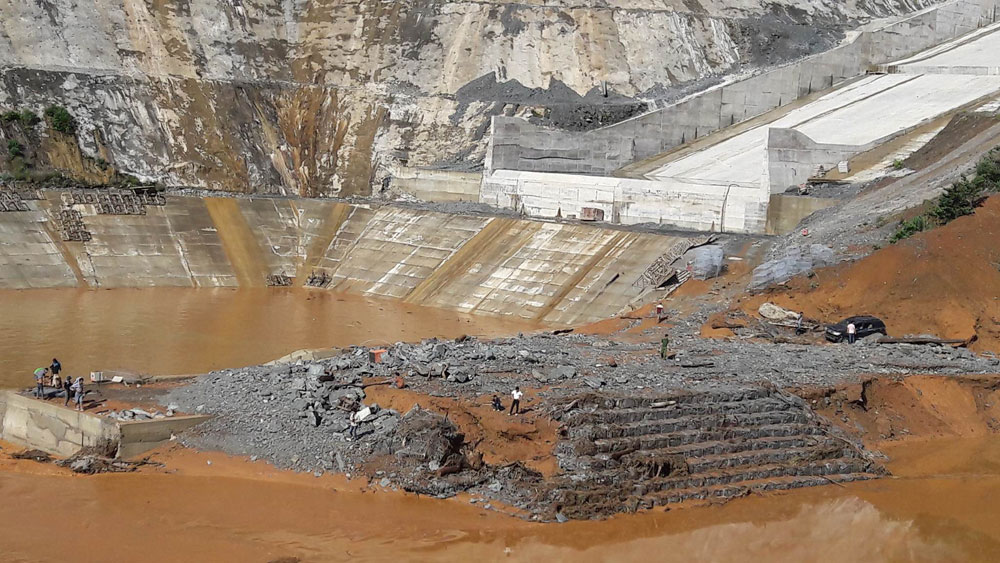Abstract: The countries sharing the Lancang-Mekong River are entering a new era of hydropolitics with a growing number of hydropower dams throughout the basin. Three ‘powersheds’, conceptualised as physical, institutional and political constructs that connect dams to major power markets in China, Thailand and Vietnam, are transforming the nature–society relations of the watershed. In the process, new conditions are produced within which the region’s hydropolitics unfold. This is epitomised by the ‘Lancang-Mekong Cooperation’ framework, a new initiative led by China that proposes programs on both economic and water resource development, and anticipates hydrodiplomacy via China’s dam-engineered control of the headwaters.
Category: Viet Nam
Government urged to work with Cambodia on solutions to water resources
Scientists have urged the Vietnamese government to cooperate with Cambodia and draw up a plan to take full advantage of water resources.
Vietnam playing ‘key Mekong sub-region role’
VIETNAM has been making practical contributions to turning the Mekong sub-region into a dynamic and prosperous economic area via two crucial cooperation frameworks. That is according to the country’s Deputy Prime Minister and Foreign Minister Pham Binh Minh, who spoke before meetings of those cooperations, the 8th Cambodia-Laos-Myanmar-Vietnam Summit (CLMV-8) and the 7th Ayeyawady-Chao Phraya-Mekong Economic Coopera-tion Strategy Summit (ACMECS-7) which will be held in Hanoi on October 25 and 26.
ADB approves $230 mln loan to help Vietnam improve power transmission
The Asian Development Bank on Thursday signed a loan agreement of $231.31 million with the Vietnamese government to help build and upgrade the transmission networks in the southern region.
This is the third out of four assistance packages in an investment program approved for Vietnam by the Manila-based bank in 2011.
From dams to basins: mapping across scales
t the end of June 2016, WLE Greater Mekong published a series of maps identifying dams on the Irrawaddy, Salween, Mekong, and Red rivers and their tributaries. The maps cover existing dams, dams under construction, planned dams, and cancelled dams; both irrigation dams and hydroelectric dams are mapped, as long as they have a reservoir size of at least 0.5 km2 and/or have an installed capacity of at least 15 megawatts (for hydroelectric dams).
The following is the first half of an interview that took place on 8 July 2016, between Dr Kim Geheb—the WLE Greater Mekong Regional Coordinator — and the editor of Thrive. It is being published here in anticipation of the Great Mekong Forum on Water, Food, and Energy.
Environmental destruction is a crime: Vietnamese industry minister
Vietnamese Minister of Industry and Trade Tran Tuan Anh says pollution is a crime against the environment and calls on all major corporations to commit themselves towards environmental protection during their operations.
Power plant, coal mine, and mineral mine developers across Vietnam gathered on Thursday afternoon for a meeting to address environmental issues regarding their operations.
WB helps build environment data centre in Mekong Delta
Experts from ministries and the World Bank discussed the contents of a project on building a databse serving climate change adaptation in the Mekong Delta region at a workshop in Hanoi on October 5.
Lending loopholes expose World Bank to indirectly financing ‘coal boom’ in Asia
The lending arm of the World Bank is providing loans to institutions that finance the development of coal-based power projects, according to a new report. The projects not only pose an environmental risk to the planet, locally they destroy homes and displace communities. The loans subvert strong warnings from the head of the World Bank that expanding coal in Asia is a dangerous proposition.
Coal-fired power plants threaten Vietnam deltas
Vietnam’s plan to take its total number of coal-fired power plants to 31 by 2020 has raised environmental concerns.
To minimize costs and the loss of electrical power during transmission, thermal power plants in Vietnam are usually built near large economic centers of the country’s Red River Delta and Mekong Delta regions, where electricity usage is at its highest.
Environmental hazards caused by these types of power plants came to the fore in April 2015, when coal ashes from Vinh Tan 2 Thermal Power Station in Binh Thuan Province spread to nearby residential areas due to low levels of air humidity.
Ticking water time bombs in hydropower plants?
A tunnel break in the Song Bung 2 hydroelectric power plant in the central province of Quang Nam released nearly 30 million cubic metres of water that rushed to thousands of villagers living downstream, killing two, and caused at least VND5 billion of losses. The latest incident raised alarms about whether the hydropower plants in Viet Nam meet safety requirements, especially when the Song Bung 2 had already passed the highest examination bars.
The Song Bung 2 hydropower incident washed away two people, one of who is still missing, and local residents cannot shake off the horrifying thought that they, too, might have been among the dead.


